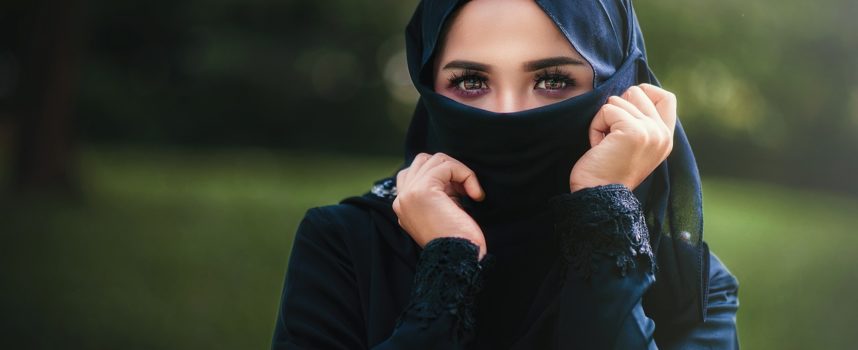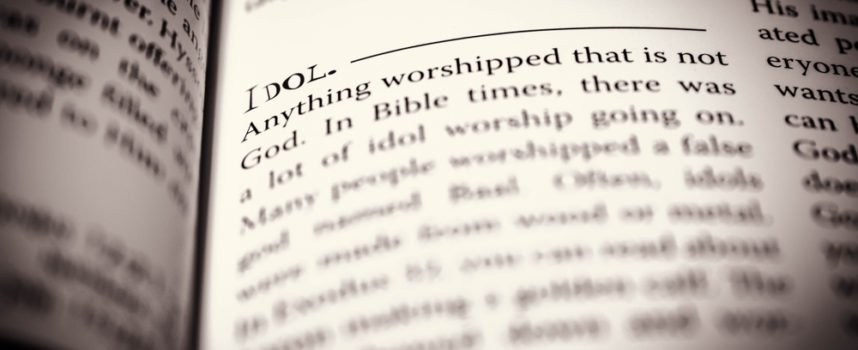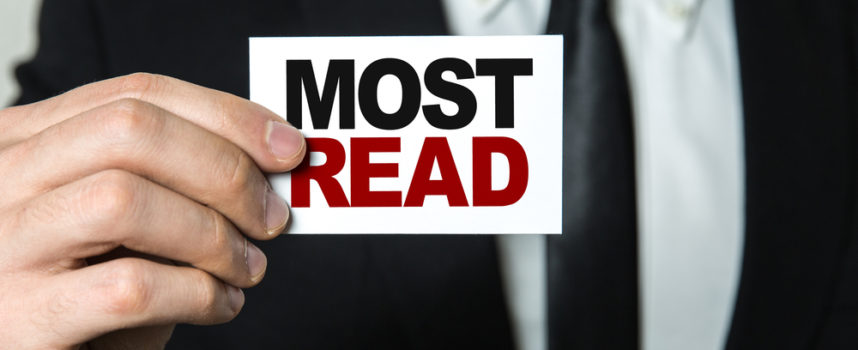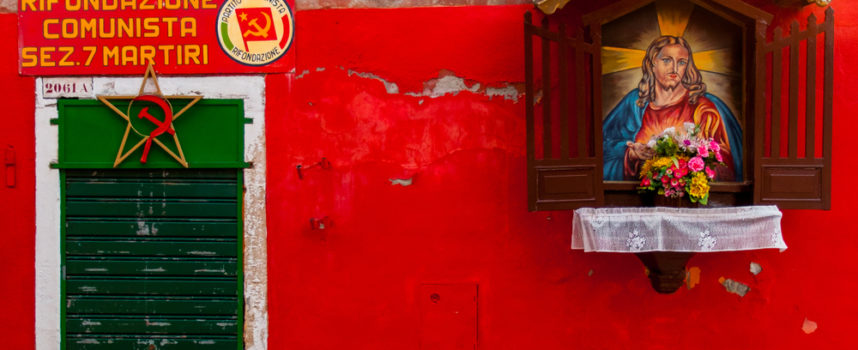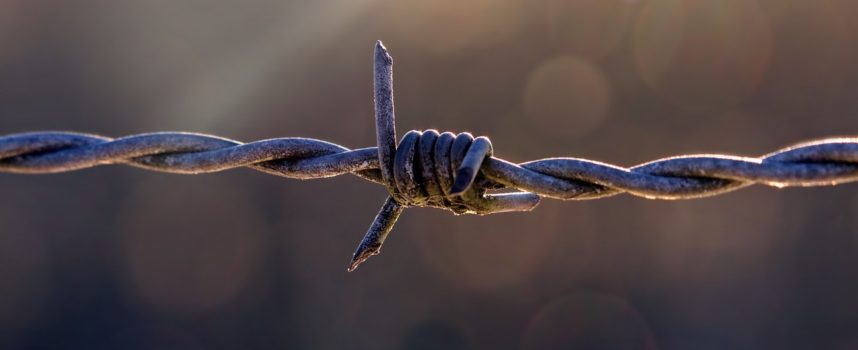Uncategorized
One of the most intriguing writers I’ve encountered recently is French political philosopher Pierre Manent. I’ve just now finished Beyond Radical Secularism: How France and the Christian West Should Respond to the Islamic Challenge (2015) and thought it worth while to trace the main contours of the book. I’ll summarize briefly, with minimal interaction. Manent’s [ Read More ]
During winter of this year, I began a research project on idolatrous political movements, reading and re-reading texts such as Raymond Aron’s The Opium of the Intellectuals, Mircea Eliade’s Myth of the Eternal Return, Ryszard Legutko’s The Demon in Democracy, and Hannah Arendt’s Origins of Totalitarianism. These books focused on the evils of Communist socialism [ Read More ]
Over the past few years, I’ve been invited to participate in ethics roundtables or seminars sponsored by United States military branches and intelligence agencies. In those seminars, we’ve discussed various topics, such as principles for deciding whether or not to go to war, principles for waging a just war, and principles for facilitating a warrior [ Read More ]
Political ideologies are a lot like individuals in that they tend to ascribe ultimacy to some aspect of God’s creation, rather than ascribing ultimacy to God himself. Once they have ascribed ultimacy to their chosen idol, they look to it to “save” their society by eradicating “evils” that threaten their idol. And “We the People” [ Read More ]
The Bible does not articulate a normative Christian political program or a detailed set of policy preferences. Yet, it provides a set of basic beliefs, arising from its narrative of the world, from which we can critique political ideologies and public policies. And critique we must. Thus, as I was re-reading J. Budziszewski’s The Revenge [ Read More ]
It is sometimes said that all is fair in love and war. And, while that is an amusing little apothegm, it is wrong on both counts. In love and war, as in every aspect of life, God’s moral law holds sway. Leaving matters of love aside for the moment, this article will deal with God’s [ Read More ]
Moral accountability is absolutely vital for individuals and societies. For a person, a community, or a nation to flourish, it must open itself to moral examination, to questions of right and wrong. War is no exception. In a democratic republic such as ours, not only our military and political leaders but also the general public [ Read More ]
This week marks the beginning of my fourth year blogging at Christianity for the Common Good. I’ve enjoyed blogging and am especially grateful to Trevin Wax, Chris Martin, and Jonathan Howe for helping me get started. Given that I’m pressed for time and unable to write a post this week, I thought I’d look back [ Read More ]
Recently, Romanian public intellectual Mihail Neamtu came to Raleigh to facilitate a seminar on Marxism. Together, he and I and the participants read portions of Romanian historian Mircea Eliade’s The Myth of the Eternal Return, French philosopher Raymond Aron’s The Opium of the Intellectuals, Russian dissident Alexandr Solzhenitsyn’s Gulag Archipelago, and the Catholic Church’s statement [ Read More ]
One of the most striking memories of my childhood is a small newsletter that carried the photograph of an emaciated elderly man. Beneath the photo was a story detailing this man’s arrest at the hands of the Soviet secret police for the crime of worshiping Christ together with other believers in an “underground” church. This [ Read More ]

